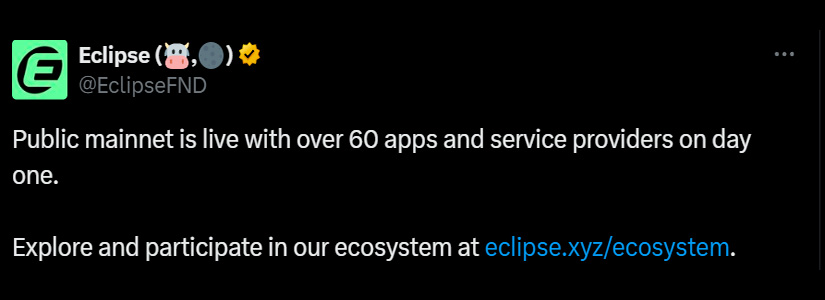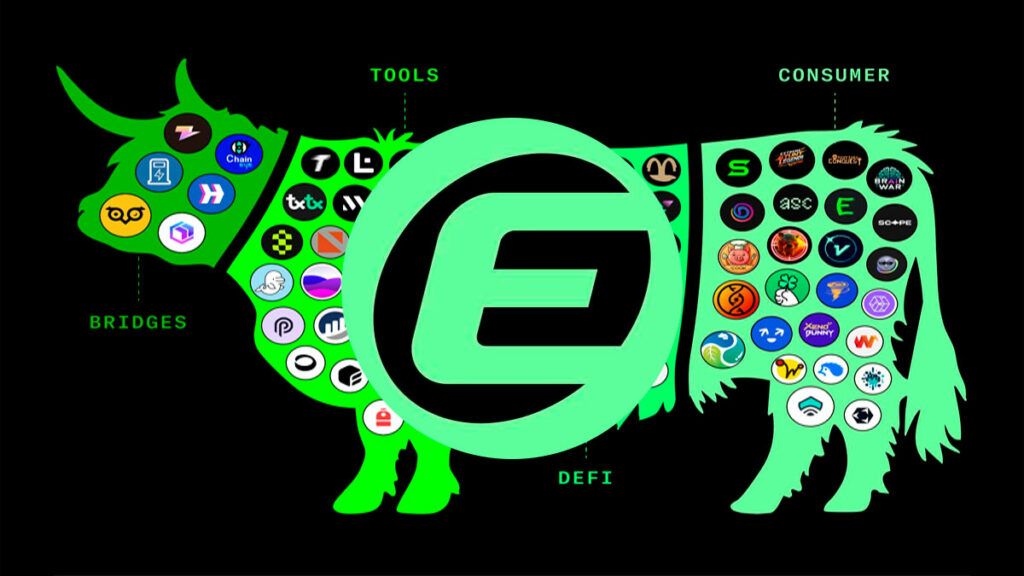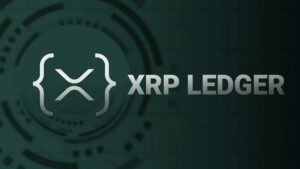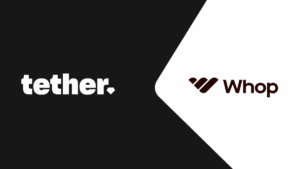TL;DR
- Eclipse, the first hybrid Ethereum-Solana layer-2 network, has launched its mainnet, combining the speed and low transaction costs of Solana with the decentralization and liquidity of Ethereum.
- The network offers 60 decentralized applications (DApps) across various sectors, including DeFi, consumer apps, and gaming, attracting users and developers from both ecosystems.
- Despite securing over $65 million in funding, Eclipse has faced controversy, including the resignation of its former CEO, following allegations of sexual misconduct.
Eclipse, the first layer-2 network that combines Ethereum and Solana into one blockchain, has officially launched its mainnet. This highly anticipated launch, which took place on November 7, 2024, marks a significant milestone in the blockchain industry.

Eclipse aims to offer users the best of both worlds by leveraging the speed and low transaction costs of Solana with the robust decentralization and liquidity of Ethereum.
Eclipse’s Key Features and Benefits
Eclipse allows users to transact on Ethereum faster and more cheaply by using the Solana Virtual Machine (SVM) to execute transactions. Like other Ethereum layer-2 solutions, Eclipse bundles transactions and settles them on the Ethereum mainnet.
This hybrid approach is designed to enhance the user experience by providing faster transaction speeds and lower fees. The Eclipse Foundation has integrated several top projects into the network, including the automated market maker Orca and the lending protocol Save.
At launch, Eclipse offers 60 decentralized applications (DApps) and service providers across various sectors, such as decentralized finance (DeFi), consumer apps, and gaming.
This diverse lineup of DApps is expected to attract a wide range of users and developers from both the Ethereum and Solana ecosystems.

Empowering Developers
Eclipse’s unique position as a bridge between Ethereum and Solana empowers developers to build and scale their DApps without having to choose between the two leading blockchain networks.
The platform’s goal is to unlock new opportunities across the largest networks in the industry. By providing a powerful platform that caters to both communities, Eclipse aims to foster innovation and collaboration.
Funding and Controversy
Eclipse has secured over $65 million in funding from major industry players, including a $50 million Series A funding round led by Placeholder and Hack VC. The project also received angel and strategic funding from several investors, such as Solana co-founder Anatoly Yakovenko and Helius CEO Mert Mumtaz.
Despite its promising potential, Eclipse has faced controversy, including the resignation of its former CEO, following allegations of sexual misconduct. The former CEO was replaced by Vijay Chetty, the former chief growth officer of Eclipse.










